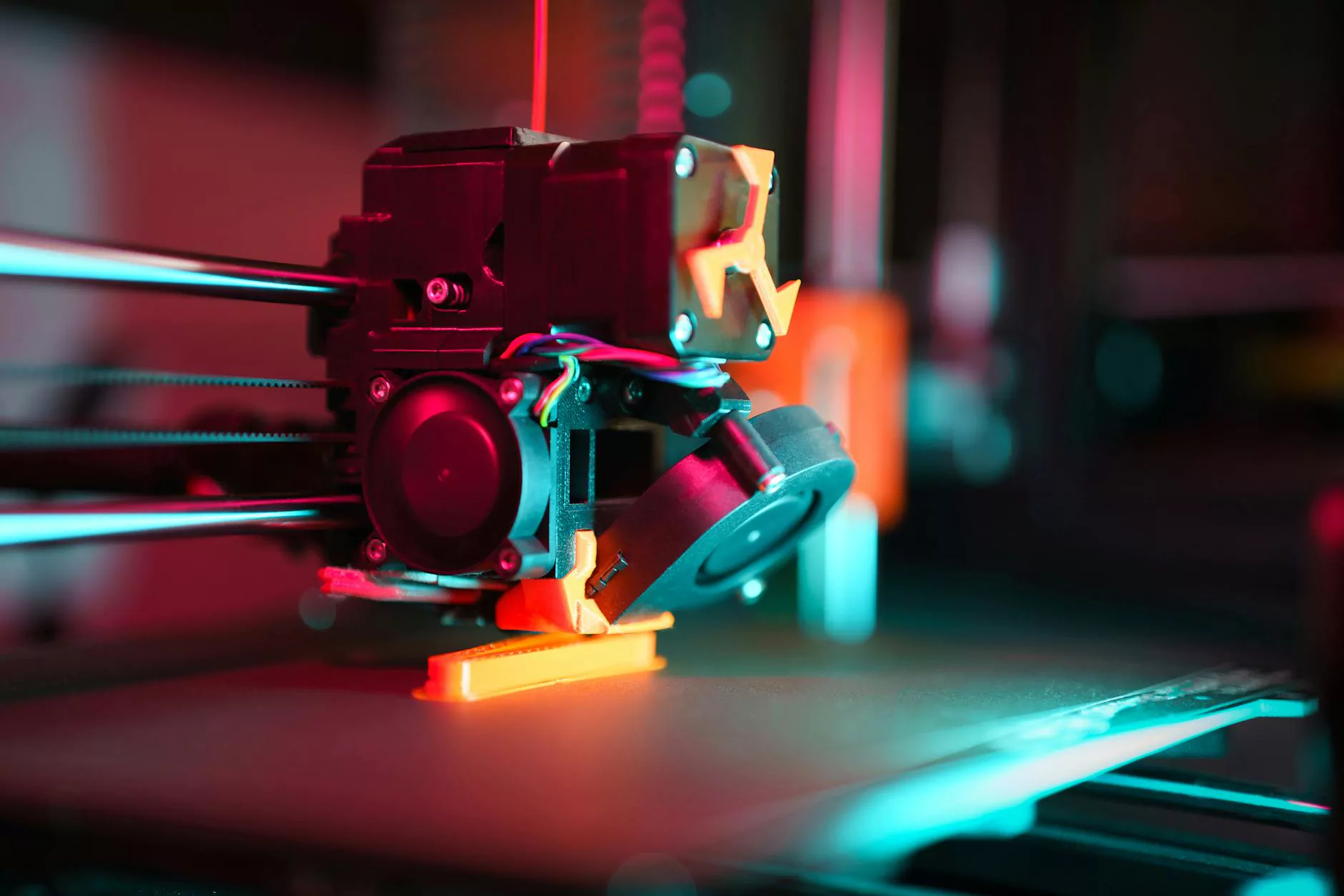Understanding the Vibrant World of Radio DJ Music

Radio DJ music has transformed the way we experience sound and rhythm. As technology evolves, so too does the art of DJing and the creation of music. In today's digital landscape, the role of a DJ has transcended mere music selection; it encompasses a rich tapestry of skills that include music production, live performance, and audience engagement.
The History of DJing and its Evolution
To appreciate radio DJ music, it's essential to delve into the history of DJing itself. The concept of mixing sounds can be traced back to the early 20th century; however, DJing truly took off in the 1970s when disco became a cultural phenomenon.
With the introduction of turntables and mixers, DJs began to blend tracks live, creating an entirely new experience for listeners. As music genres evolved, so did the techniques and technologies used by DJs, leading to the rise of radio DJs who would popularize music through their broadcasts.
Key Elements of Radio DJ Music
What makes radio DJ music unique? Here are some key elements:
- Mixing Techniques: DJs employ various techniques to seamlessly transition between tracks, such as beatmatching and phrasing.
- Track Selection: The ability to curate a selection of songs that resonate with the audience is crucial.
- Live Performance Skills: Engaging an audience requires not just a good mix but also stage presence and crowd interaction.
- Music Production: Many radio DJs are also skilled producers, crafting original beats and remixes that they can showcase.
The Role of Technology in Radio DJ Music
Technological advancements have significantly influenced radio DJ music. Today's DJs leverage a range of tools, including:
- Digital Audio Workstations (DAWs): Software such as Ableton Live and FL Studio allows for sophisticated music production.
- DJ Software: Tools like Serato and Traktor enable DJs to manipulate tracks digitally with incredible precision.
- Streaming Services: Platforms like SoundCloud and Mixcloud give DJs a global reach, allowing them to share their mixes and expand their audience.
- Social Media: DJs use platforms like Instagram and Facebook to promote their brand and connect with fans.
Why Choose a Radio DJ for Your Events?
When planning an event, consider the immense benefits a radio DJ can bring:
- Expertise in Music Selection: A seasoned radio DJ understands which tracks will get people dancing.
- Live Interaction: DJs can read the crowd and adapt their set to keep the energy high.
- Unique Experience: A live DJ set creates an atmosphere that recorded playlists simply can't replicate.
Popular Genres in Radio DJ Music
Radio DJ music spans a wide variety of genres, appealing to a diverse range of audiences. Some popular genres include:
- Electronic Dance Music (EDM): A major influence in today's club scene.
- Hip-Hop: DJs play a pivotal role in bringing hip-hop tracks to the forefront.
- House Music: Known for its repetitive beats and melodic basslines.
- Dubstep: Features heavy bass and is often marked by its distinctive drops.
The Importance of Radio DJs in Music Production Services
At music-worx.com, we recognize the indispensable role that radio DJs play not only in entertainment but also in the music production landscape. Their insight into audience preferences directly informs music production services, ultimately leading to:
- Better Music Creation: Feedback from live DJ sets can guide producers in crafting hits.
- Enhanced Collaborations: DJs often work closely with producers, melding different styles and ideas.
- Innovative Trends: DJs are often at the forefront of music trends, helping to shape the industry.
Building a Brand as a Radio DJ
In a competitive industry, establishing a brand as a radio DJ is crucial. Here are some steps to consider:
- Create a Unique Sound: Develop a signature style that distinguishes you from others.
- Engage with Your Audience: Use social media and live sessions to connect and interact with fans.
- Showcase Your Work: Regularly share mixes, remixes, and original compositions on platforms like SoundCloud.
- Network: Cultivate relationships within the industry to open doors for collaborations and gigs.
The Future of Radio DJ Music
As we look to the future, the landscape of radio DJ music will undoubtedly continue to evolve. Innovations in technology, shifts in music preferences, and emerging platforms will reshape how DJs create, share, and perform music. Key trends to watch include:
- Live Streaming: The pandemic has accelerated the trend of live streaming DJ sets, connecting with audiences in new ways.
- Virtual Reality Experiences: Immersive technologies may redefine how live performances are experienced.
- Artificial Intelligence: AI is being used to create music and assist in live mixing, challenging traditional workflows.
Conclusion: Embrace the Beat of Radio DJ Music
In conclusion, radio DJ music represents a dynamic blend of art, technology, and cultural expression. As a DJ or event planner, understanding the elements that contribute to this vibrant music scene is essential. At music-worx.com, we are dedicated to bringing the best of DJing and music production together, ensuring that your events are unforgettable experiences. The power of a great DJ is undeniable, so whether you're looking to hire one for an event or dive into music production, embrace the beat and enjoy the rhythm of life!









